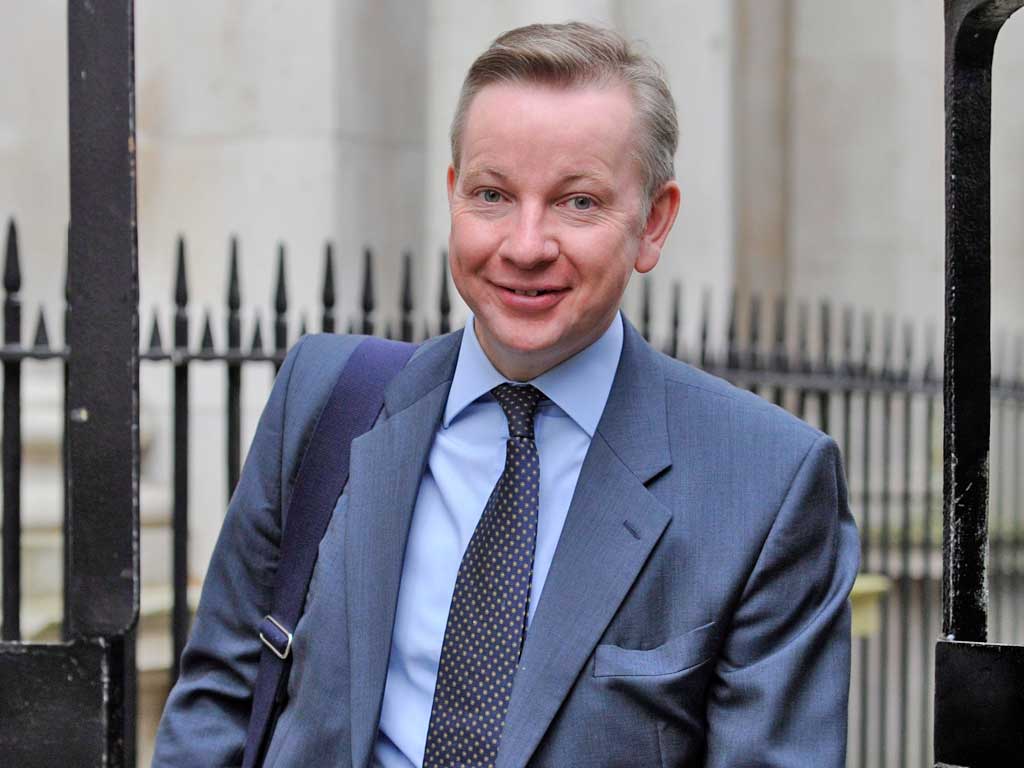Compulsory language lessons planned for primary schools

Your support helps us to tell the story
From reproductive rights to climate change to Big Tech, The Independent is on the ground when the story is developing. Whether it's investigating the financials of Elon Musk's pro-Trump PAC or producing our latest documentary, 'The A Word', which shines a light on the American women fighting for reproductive rights, we know how important it is to parse out the facts from the messaging.
At such a critical moment in US history, we need reporters on the ground. Your donation allows us to keep sending journalists to speak to both sides of the story.
The Independent is trusted by Americans across the entire political spectrum. And unlike many other quality news outlets, we choose not to lock Americans out of our reporting and analysis with paywalls. We believe quality journalism should be available to everyone, paid for by those who can afford it.
Your support makes all the difference.Children will receive compulsory lessons in foreign languages from the age of seven under a new government blueprint for the primary school curriculum to be published later this week.
Ministers have suggested a range of languages that should be taught, including Mandarin, Latin and Greek as well as French, German and Spanish.
The plans, to be unveiled by the Education Secretary Michael Gove, coincide with a report from Britain's bosses published today which warns that the UK has "the worst language proficiency in Europe".
The report, based on a survey of more than 500 companies by the CBI and Pearson, says one in four employers rate Mandarin as an essential skill for today's youngsters – placing it fourth behind German (50 per cent), French (49 per cent) and Spanish (37 per cent).
The recommendation is one of several in the most radical shake-up to primary education – to be introduced in September 2014 – since the birth of the national curriculum 25 years ago.
The emphasis will be on a traditional approach – with children being encouraged to recite poetry by the age of five from memory and teachers told what words they should be able to spell at each age in primary school.
At the end of their first year in primary school, they should be able to spell words like drip, kiss and leg as well as more compound words like playground and bedroom. The list gradually grows until by the end of primary schooling – at the age of 11 – the Government has drawn up a list of 236 words they should be able to spell, including accommodate, embarrass and vocabulary.
Critics will claim the new curriculum heralds a return to the 1950s and a "Gradgrind" approach to teaching. However, ministers argue this style of approach is widely used in other countries.
Michael Rosen, the children's author and poet, warned in a blog yesterday that it looked like a "great diktat" approach to teaching by Mr Gove. He said it resembled "an itch to instruct and dictate to teachers and children because it will do them good".
Russell Hobby, general secretary of the National Association of Head Teachers, said: "Reciting poetry and learning foreign languages are great for young children."
But he said most primaries already did both.
The Government believes compulsory language lessons should help halt the slide in take-up of the subject at GCSE – which began with a vengeance when the previous Labour government made the subject voluntary from the age of 14.
Ministers have also been convinced by research that children are most likely to take in another language when they are young. They believe languages like Mandarin are essential if the UK is to compete on the global business stage – while Latin and Greek can act as a springboard to future learning.
Class act: Gove's learning curve
October 2009 In his last address to the Conservative Party conference, Michael Gove announces plans for a return to blazers and ties for pupils, setting by ability and a narrative approach to teaching history – with a focus on Churchill.
October 2010 Now Secretary of State, he calls for the study of authors such as Byron, Keates and Dickens in English lessons.
November 2010 Publishes White Paper on "The Importance of Teaching". He will axe "unnecessary clutter" from lessons, end modules for GCSE exams and focus on the end of two years of study. Emphasis on punctuation and spelling will be restored in schools.
January 2011 Announces review of national curriculum. Says key dates in British history should be learnt.
Autumn 2011 Announces plan to provide every state school with a copy of the King James Bible to celebrate the 400th anniversary of its translation into English. Delivered last month with private sponsorship financing it.
Today Announces plans for children to recite poetry by the age of five and words they should be able to spell at each age in primary school.
Join our commenting forum
Join thought-provoking conversations, follow other Independent readers and see their replies
Comments